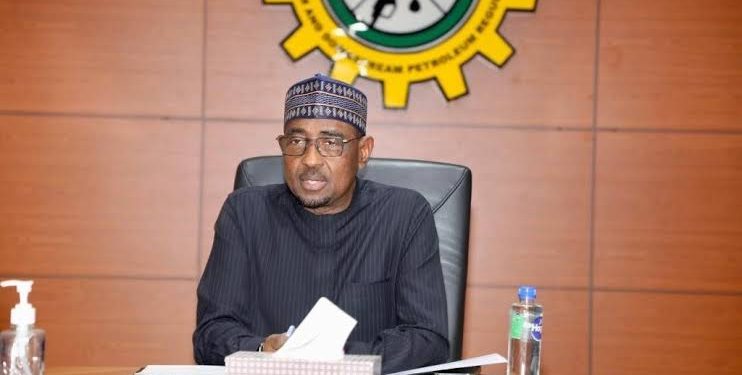In a bid to sanitize the lubricant market and safeguard consumers, the Nigerian Midstream and Downstream Petroleum Regulatory Authority (NMDPRA) has announced plans to commence the issuance of import licences for lubricants. The move, according to the Authority, is aimed at curbing the influx of substandard and counterfeit lubricant products in the country.
The announcement was made during a stakeholders’ workshop held in Abuja on Wednesday. Speaking on behalf of the NMDPRA Chief Executive, Mr. Farouk Ahmed, was Francis Ogaree, Executive Director of the Health, Safety, Environment, and Petroleum Product Importation, Transportation, and Infrastructure (HPPITI) Department. He emphasized that the initiative aligns with the regulatory authority’s mission to uphold quality and safety across all petroleum-related products.
According to the News Agency of Nigeria (NAN), the new licensing regime is part of a broader strategy under the Petroleum Industry Act (PIA) 2021, which empowers NMDPRA to enforce quality standards across the midstream and downstream sectors of the industry.
As part of the reform process, NMDPRA has launched a Lubricant Importation Module on its Lube Oil Blending Plant (LOBP) Portal. The digital tool is designed to streamline the application, approval, and monitoring processes for lubricant imports. The module is also integrated with the Nigeria Customs Service’s BÓdugwu platform, allowing for real-time tracking, compliance monitoring, and easier clearance processes.
“The goal is to ensure that only authorised and quality-compliant lubricants are brought into Nigeria,” Ahmed stated. “This is not a trade restriction but a quality assurance measure aligned with President Bola Tinubu’s industrialisation and import substitution agenda.”
Further elaborating on the licensing framework, Mrs. Ngozi Nwankwo, Director of Liquid at HPPITI, said that only companies that meet traceability and compliance benchmarks will be issued the new Lubricant Import Licence. She noted that the initiative is also intended to boost local lubricant blending, protect consumer interests, and preserve machinery and equipment integrity across sectors.
“The licence is a formal approval granted to eligible companies after meeting specific regulatory criteria. This move is about transparency, traceability, and elevating standards in the lubricant industry,” Nwankwo added.
However, the development has raised concerns among some industry stakeholders. Mr. Emeka Obidike, Executive Director of the Lubricant Producers Association of Nigeria (LUPAN), warned that the policy could unintentionally harm local blending plants, many of which are still in their growth phase. According to him, over 200,000 direct jobs could be at risk, and the move might discourage investment in a sector that has recorded significant progress in recent years.
Obidike argued that the licensing initiative could undermine the lubricant policy currently being developed by the Federal Ministry of Trade and Investment and contradict the government’s backward integration agenda, which encourages domestic production and value addition.
In response, Ahmed maintained that the policy is designed to promote a transparent, efficient, and resilient industry framework. He reiterated that the authority’s intent is not to stifle business but to ensure that only high-quality products make it into the Nigerian market, ultimately benefitting both consumers and the local industry.
With the rollout of the licensing framework, Nigeria moves closer to establishing a more regulated and quality-driven lubricant market that aligns with national goals of industrial development, consumer protection, and reduced reliance on substandard imports.










